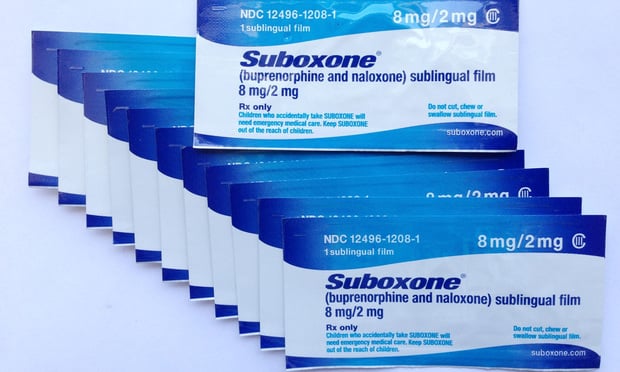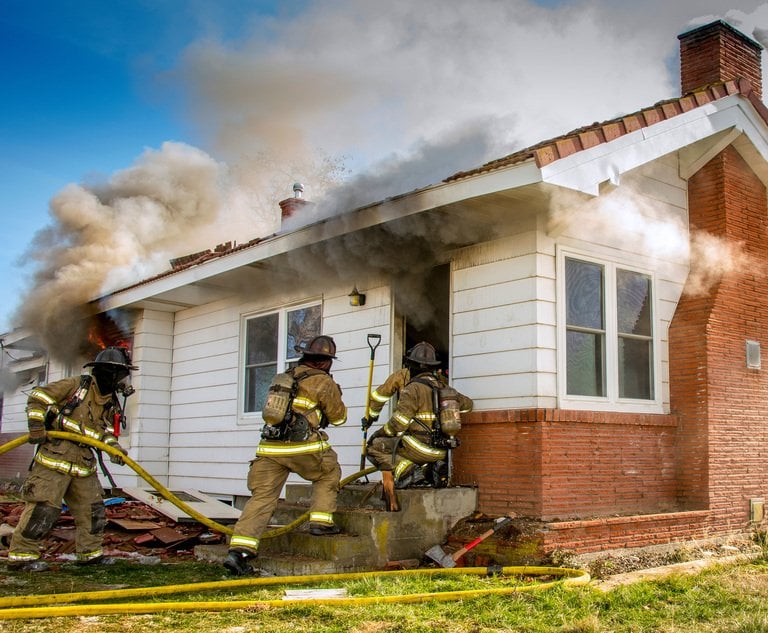The policy implications of whether taking a drug during pregnancy constitutes child abuse are vast and could implicate everything from the definition of a “child” to the pre-conception conduct of the mother. But, in resolving a dispute involving a mother who tested positive for opiates after giving birth, some members of the Pennsylvania Supreme Court seemed to indicate they would focus less on the broader policy implications and more on the specific language of the statute.
“This is not an issue of women’s rights. It’s about human rights. It’s about child protection and welfare,” Amanda Beth Browning of the Clinton County Children and Youth Services said during the Supreme Court oral argument session Tuesday morning in In the Interest of L.J.B.; Appeal of A.A.R.. Her office is pushing for a finding that a woman should be found to have committed child abuse after she tested positive for suboxone and the baby began suffering withdrawal symptoms after it was born.


 Photo: Wikimedia Commons
Photo: Wikimedia Commons





